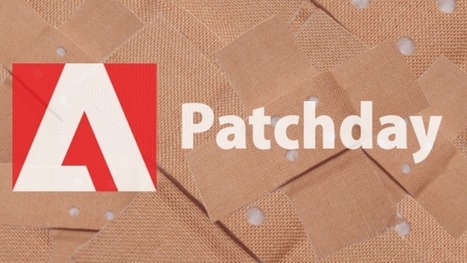Canoncinal vient d’annoncer la disponibilité de correctifs pour 26 vulnérabilités recensées dans le noyau d’Ubuntu 14.04 (Trusty Tahr). Cette version qui est sortie depuis avril 2014 bénéficie d’un support Long Term Support abrégé LTS (pour support à long terme en français) ce qui fait qu’elle est prise en charge par l’équipe de développement pendant cinq ans (pour les versions bureau et serveur), soit jusqu’en avril 2019.
Dans cette récente annonce, l’entreprise rapporte parmi les failles corrigées qu’une vulnérabilité d’écriture hors limites existait dans le système de fichiers Flash-Friendly (f2fs) du noyau Linux. Cette faille qui a été consignée sous la référence CVE-2017-0750 pourrait être exploitée par un attaquant pour construire un système de fichiers malveillant qui, lorsqu’il est monté, peut provoquer un déni de service (panne du système) ou éventuellement exécuter du code arbitraire.
À côté de cette faille, une situation de concurrence débouchant sur une faille use-after-free a été découverte dans la fonction snd_pcm_info du sous-système ALSA PCM sur le noyau Linux. Cette situation de compétition rapportée par l’équipe de sécurité d’Ubuntu pourrait être utilisée par une personne malveillante pour obtenir des privilèges non autorisés à travers des vecteurs non spécifiés et provoquer une panne du système ou éventuellement exécuter du code arbitraire. Cette faille portant le code CVE-2017-0861 a été classée à un niveau élevé de sévérité selon la version 3 de CVSS Severity.
Learn more / En savoir plus / Mehr erfahren:
https://www.scoop.it/t/securite-pc-et-internet/?&tag=Linux



 Your new post is loading...
Your new post is loading...



















Learn more / En savoir plus / Mehr erfahren:
https://www.scoop.it/t/securite-pc-et-internet/?&tag=Linux